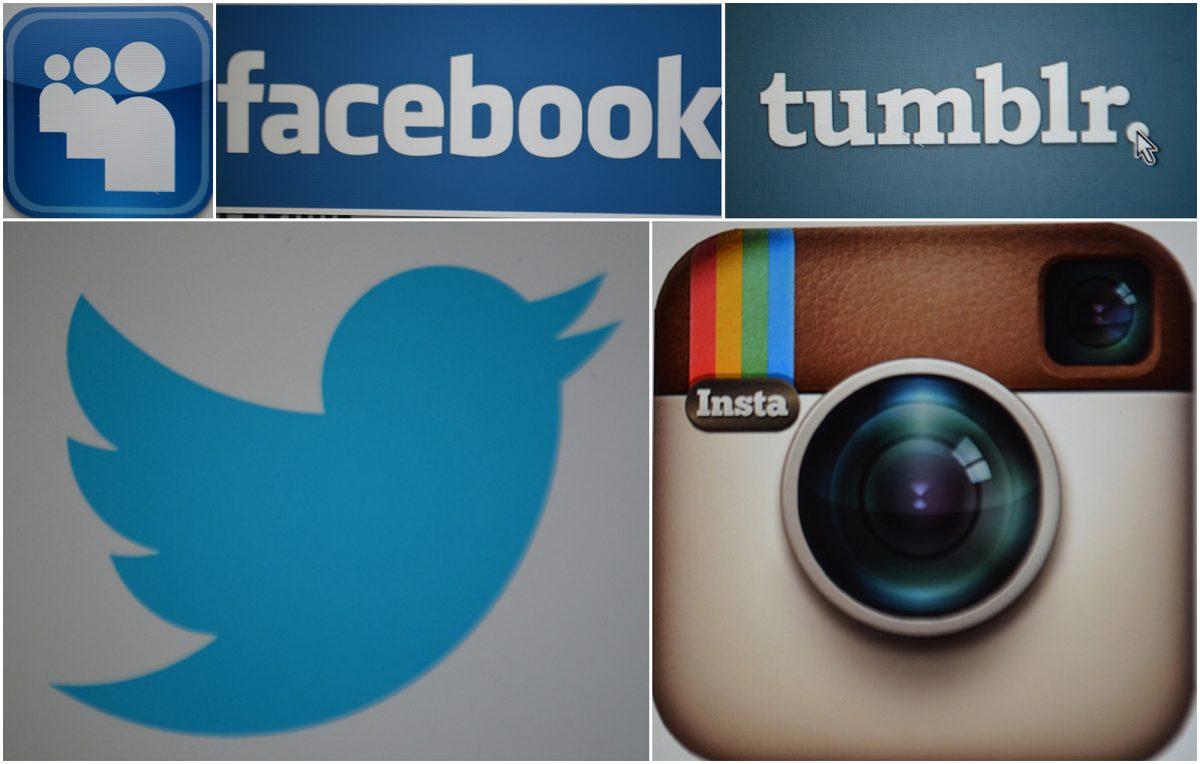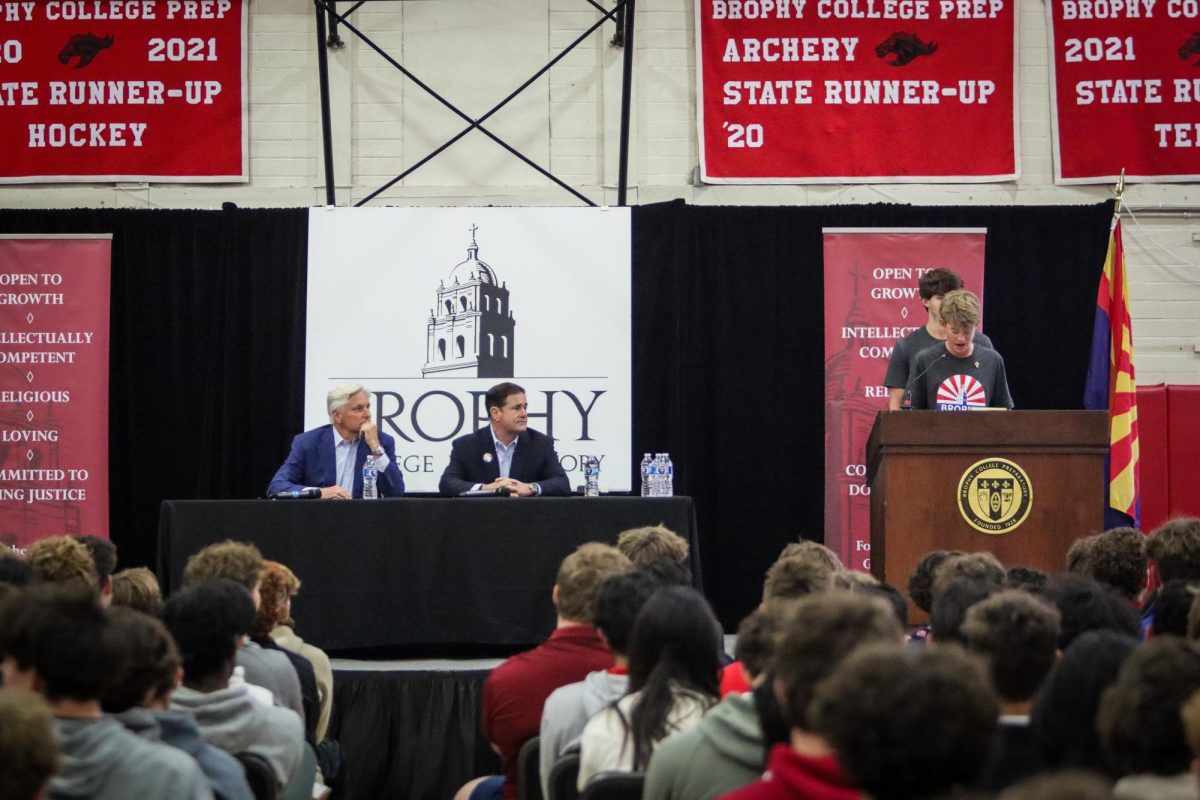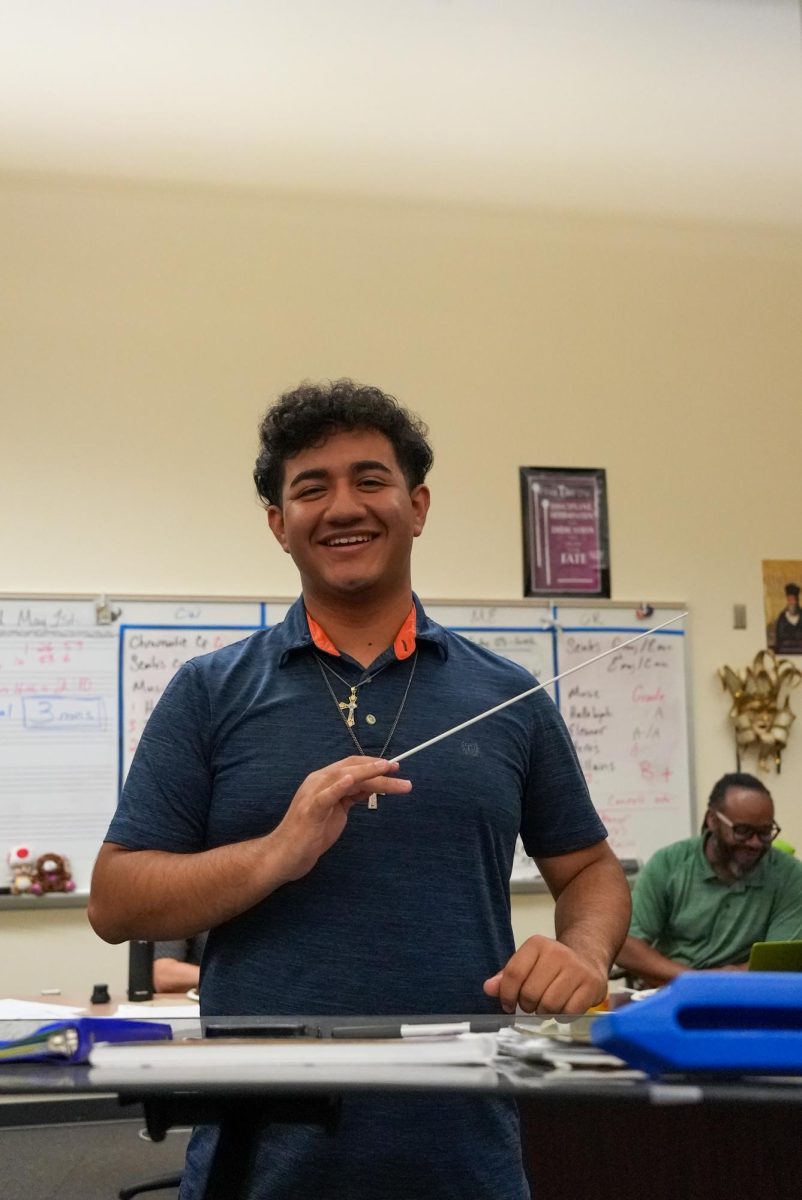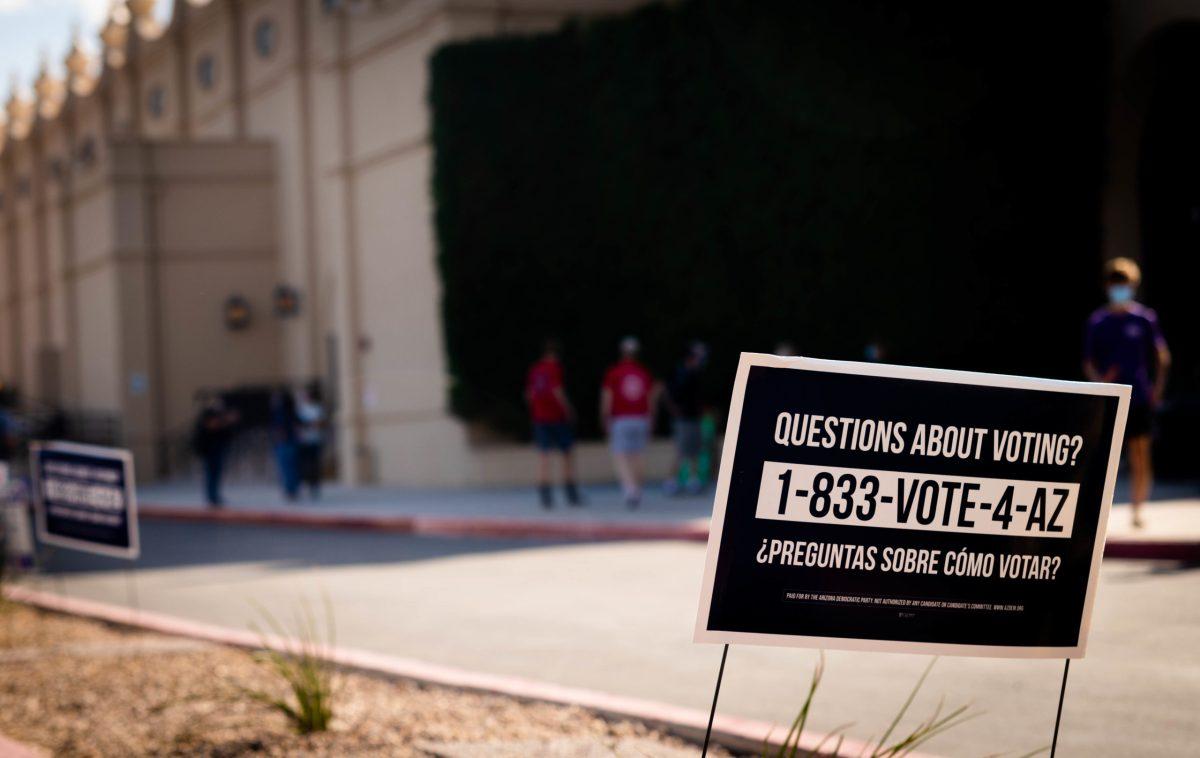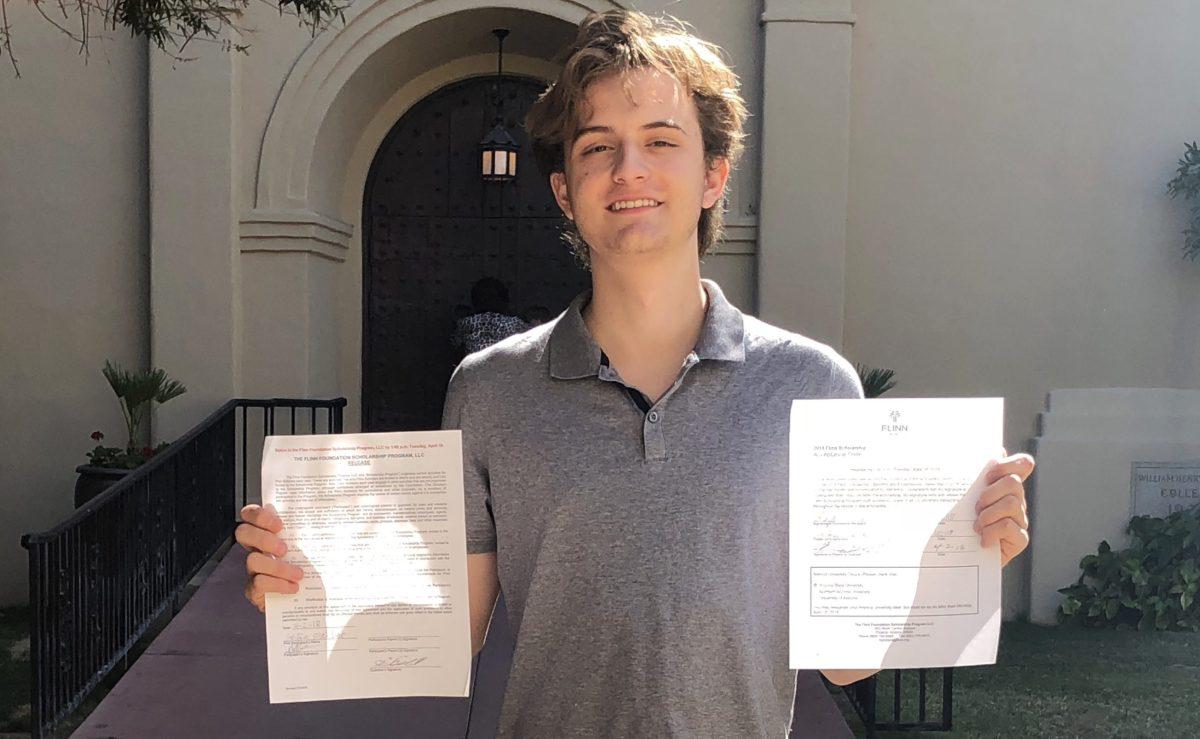Staff Editorial
The Issue: Social media’s role in a democratic system is unknown
Our Stance:Students should participate online, but be weary of the political considerations
By Reece M. Krantz ’16 & Chase L. Manson ’16
THE ROUNDUP
Democracy has been called into question many times in the past few decades.
From questionable laws and political infighting to terrorism, there seems to be questions about whether our democracy is really by and for the people.
Parallel to democracy is social media, an unshackled, unrestricted tool that allows public opinion to be voiced by all participants, and a diversity of views to be spread.
Many support the thesis that social media is objectively good with little to no consequences.
We’ve even seen dramatic examples — during the Arab Spring in the Middle East and more recently during the protests in Ferguson, MO. — of social media being used to coordinate rallies and share information.
Social media’s role in this was purely democratic; it raised awareness to the majority about a social or political injustice.
These examples, on paper at least, seems positive.
But is this always the case?
A recent study from Pew Research Center and Rutgers University seems to claim the opposite, that the use of social media has stifled public debate about state affairs, the antithesis of what is currently thought to be true.
Called acutely “the spiral of silence,” the studies show that 86 percent of people tend to discuss political issues in person, and only 42 percent of people are willing to post about the issues on social media, according to the findings.
Moreover, Facebook and Twitter users were less likely than others to be willing to share their opinions in many face-to-face settings and were especially reluctant to speak their minds during personal gatherings if they thought their social-media friends and followers disagreed with them.
“It has been well documented since before the Internet that a ‘spiral of silence’ descends when people think their opinions are in the minority when compared to those around them – they don’t want to speak out if they think they hold unpopular views,” said Professor Keith Hampton, a key author of this study. “This kind of self-censoring can mean that important information is never shared.
“Some had hoped that social media might provide new outlets that encourage more discussion and the exchange of a wider range of opinions. But we see the opposite – a spiral of silence exists online, too.”
Another study seems to imply the opposite. This new paper from New York University’s Pablo Barberá argues against a “spiral of silence.”
The core of his argument: Social media encourages connections between people.
“Contrary to a growing body of work that suggests that the Internet functions as an ‘echo chamber,’ where citizens are primarily exposed to like-minded political views, my findings demonstrate that most social media users receive information from a diversity of viewpoints” Barberá wrote in the story.
“I have provided empirical evidence from a panel design showing that exposure to political diversity on social media has a positive effect on political moderation, and that it reduces mass political polarization.”
Clearly social media’s role in democracy is less clear cut and more obscure than we originally thought.
This means students should participate, but be weary of the dangers presented. Contribute but be carful.
To fully comprehend social media’s role in democracy in a more optimistic light, we can look to the ongoing democratic protests in Hong Kong.
The protest managed to spread most of its notoriety through social media outlets and it quickly gained world-wide recognition.
The incredible thing is that Hong Kong’s cry for democracy has been mostly attributed to social media and has managed to spread despite China’s, still a majority communist, attempts to block it.
This clearly shows a mental impact of social media and its use as a tool for spreading emotional revolution.
But is it a provocative for physical revolution?
People can have a real, physical impact on the events that influence them through social media and regardless of what studies become available, participation will increase and more perspectives will be shown.
John Adams, our second president, once pronounced, “Democracy never lasts long. It soon wastes, exhausts and murders itself. There never was a democracy yet that did not commit suicide.”
Democracy was the great victor of the ideological clashes of the 20th century. But if democracy is to remain as successful in the 21st century as it was in the 20th, it must be both assiduously nurtured when it is young—and carefully maintained when it is mature.
And this involves a lot more than Tweeting about it.



















